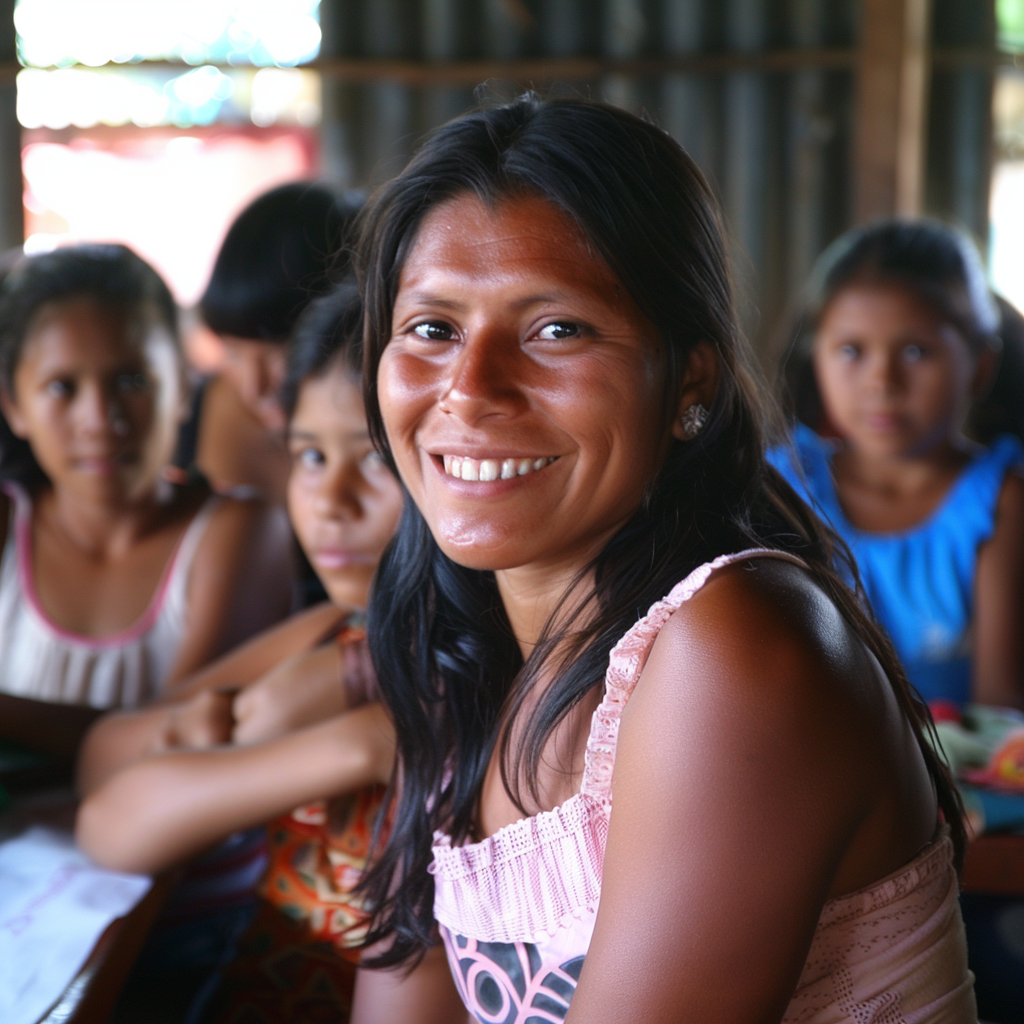By Mike Savage, New Canaan’s Honduras Foundation Chief
Gender equality is a fundamental human right and a cornerstone for a thriving and progressive society. In Honduras, a country where poverty and social inequality are pervasive, promoting gender equality through education is crucial.
This blog explores the importance of gender equality, the current state of education in Honduras, and strategies to promote gender equality through education among impoverished Honduran families.
The Importance of Gender Equality
Gender equality is essential for several reasons:
- Human Rights: Every individual, regardless of gender, has the right to access education, employment, and participate fully in society. Gender equality ensures that these rights are upheld.
- Economic Growth: When both men and women have equal access to education and employment, it leads to a more skilled and diverse workforce, boosting economic growth.
- Social Development: Societies that promote gender equality tend to have lower levels of violence, better health outcomes, and higher levels of educational attainment.
- Sustainable Development: Achieving gender equality is crucial for the fulfillment of the United Nations Sustainable Development Goals (SDGs), particularly SDG 5, which aims to achieve gender equality and empower all women and girls.
The State of Education in Honduras
Honduras faces significant challenges in its education system, particularly in rural and impoverished areas. Key issues include:
- Low Enrollment Rates: Many children, especially girls, do not attend school due to economic constraints, cultural norms, and safety concerns.
- Quality of Education: The quality of education is often poor, with insufficient resources, underqualified teachers, and inadequate infrastructure.
- Gender Disparities: Girls are more likely to drop out of school due to early marriage, pregnancy, or domestic responsibilities.
Strategies to Promote Gender Equality Through Education
Promoting gender equality in education requires a multifaceted approach that addresses the root causes of inequality. Here are some strategies that can be implemented in Honduras:
1. Community Awareness and Engagement
Educating communities about the importance of gender equality and the benefits of educating girls is vital. Community leaders, parents, and local organizations can play a significant role in changing attitudes and breaking down cultural barriers that prevent girls from attending school.
2. Financial Support and Incentives
Providing financial support to impoverished families can help alleviate the economic burden of sending children to school. Scholarships, stipends, and conditional cash transfers that prioritize girls’ education can be effective tools.
3. Improving School Infrastructure
Investing in safe and accessible school infrastructure, including separate sanitation facilities for girls, can create a more welcoming environment for female students. Safe transportation options can also help reduce the risk of violence and harassment.
4. Teacher Training and Curriculum Development
Training teachers to recognize and address gender biases in the classroom is crucial. Developing a gender-sensitive curriculum that promotes equality and challenges stereotypes can help foster a more inclusive educational environment.
5. Addressing Early Marriage and Pregnancy
Programs that address the issues of early marriage and teenage pregnancy are essential. Providing reproductive health education and services, and promoting laws and policies that protect the rights of young girls, can help keep them in school.
6. Role Models and Mentorship
Promoting female role models and mentorship programs can inspire girls to pursue their education and career goals. Successful women from the community can provide guidance and encouragement to young girls.
Conclusion
Promoting gender equality through education in impoverished Honduran families is not only a moral imperative but also a strategic investment in the country’s future. By ensuring that both boys and girls have equal access to quality education, Honduras can harness the full potential of its population, drive economic growth, and create a more just and equitable society.
Addressing the barriers to education for girls requires a collaborative effort from the government, communities, and international organizations. With sustained commitment and innovative strategies, Honduras can make significant strides towards achieving gender equality and building a brighter future for all its citizens.
ABOUT MIKE SAVAGE OF NEW CANAAN, CT
Michael Savage from New Canaan is the Founder of 1-800 Accountant that helps businesses with their accounting services and needs through cutting-edge technology and customer support. He runs the company alongside CEO Brendon Pack.
In his spare time, Savage enjoys creating unique koi ponds, collecting Michael Jordan sneakers, vintage Lego sets, and admiring muscle cars and unique pop art. He and his wife also spearhead the Savage-Rivera foundation to help impoverished families in Honduras




